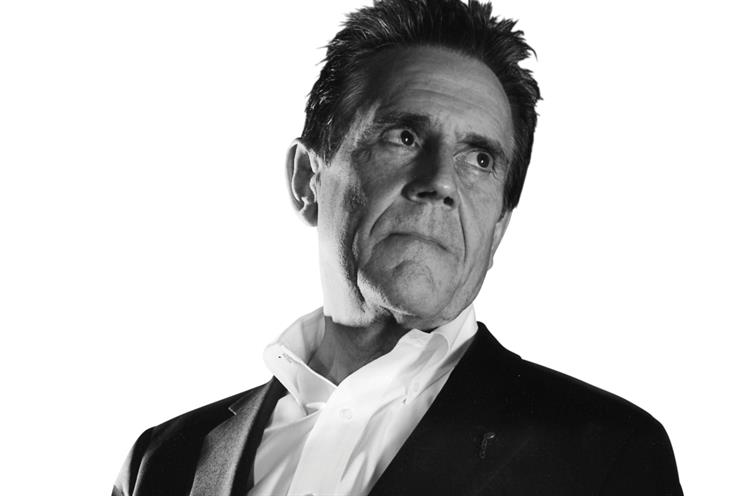In 1995 in Pittsburgh, a 45-year-old man walked into a bank with a gun.
He was just five feet, six inches tall but he weighed 270 pounds.
So he was pretty conspicuous for a bank robber, but he wasn’t even wearing a mask.
In fact, he smiled directly into the CCTV cameras.
Later that day, he robbed another bank exactly the same way.
And that evening, the CCTV footage was shown on the 11 o’clock news.
He was recognised and police were tipped off that it was a man named McArthur Wheeler.
They went to his house and arrested him, but he was adamant that the CCTV camera couldn’t have captured his face.
So the police showed him the footage.
He was dumbfounded and began yelling: "It can’t be: I used the juice, I used the juice."
Eventually, he broke down and confessed – he was convinced his face wouldn’t show up on CCTV cameras because he’d squeezed lemon juice all over it.
He knew lemon juice was the main ingredient in invisible ink, so it would obviously make his face invisible as well.
McArthur Wheeler hadn’t invented a new way to rob banks, but he did have an impact in the world of sociology.
In 1999, psychology professor David Dunning was inspired by McArthur Wheeler’s story to undertake a study of the relationship between ignorance and confidence.
Along with Justin Kruger, their finding became known as the "Dunning-Kruger Effect".
In all the people they studied, they found the following:
The more ignorant people are, the more likely they are to overrate their knowledge and ability.
The more intelligent they are, the more likely they are to underrate themselves.
Basically: ignorant people think whatever they know is all there is to know. But intelligent people are only too aware how much more there is to know.
John Cleese expressed it like this: "If you’re very, very stupid, how can you possibly realise that you’re very, very stupid? You’d have to be relatively intelligent to realise how stupid you are."
The problem, of course, is that ignorance begets confidence.
You don’t know that you don’t know, therefore you assume you know.
And confidence can be very convincing, which is why ignorant people can be so persuasive.
They are convinced, and we are swayed, by their conviction.
As Bertrand Russell said: "The problem with the world is that the ignorant are arrogant and cocksure, while the intelligent are full of doubt."
It’s worth remembering that next time you’re in a meeting.
The loudest person with the strongest opinion isn’t necessarily right.
In fact, it might be the opposite, according to Dunning-Kruger.
There’s a fair chance that the loudest person knows the least.
Which is why they’re the loudest person with the most strongly held opinion.
As Charles Darwin said: "Ignorance is the most powerful form of confidence there is."
But ignorance itself isn’t the real problem.
The real problem lies in confusing lack of knowledge with clarity, and so allowing ignorance to drive action.
As Mark Twain said: "It ain’t what you don’t know that can hurt you. It’s what you know for sure that ain’t so."
Dave Trott is the author of Creative Mischief, Predatory Thinking and One Plus One Equals Three.


